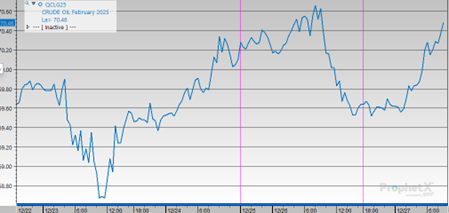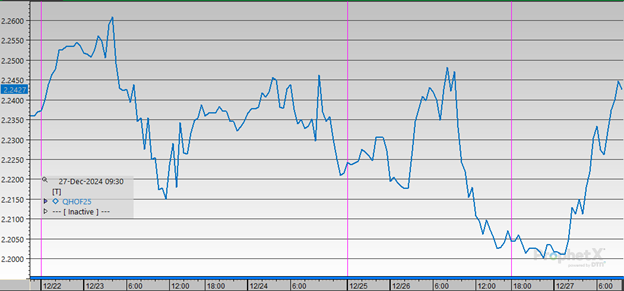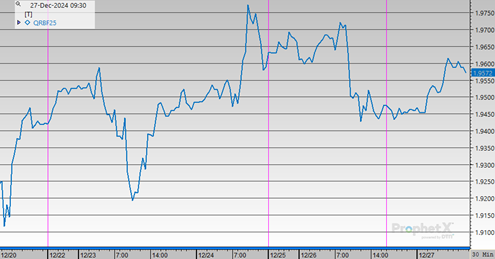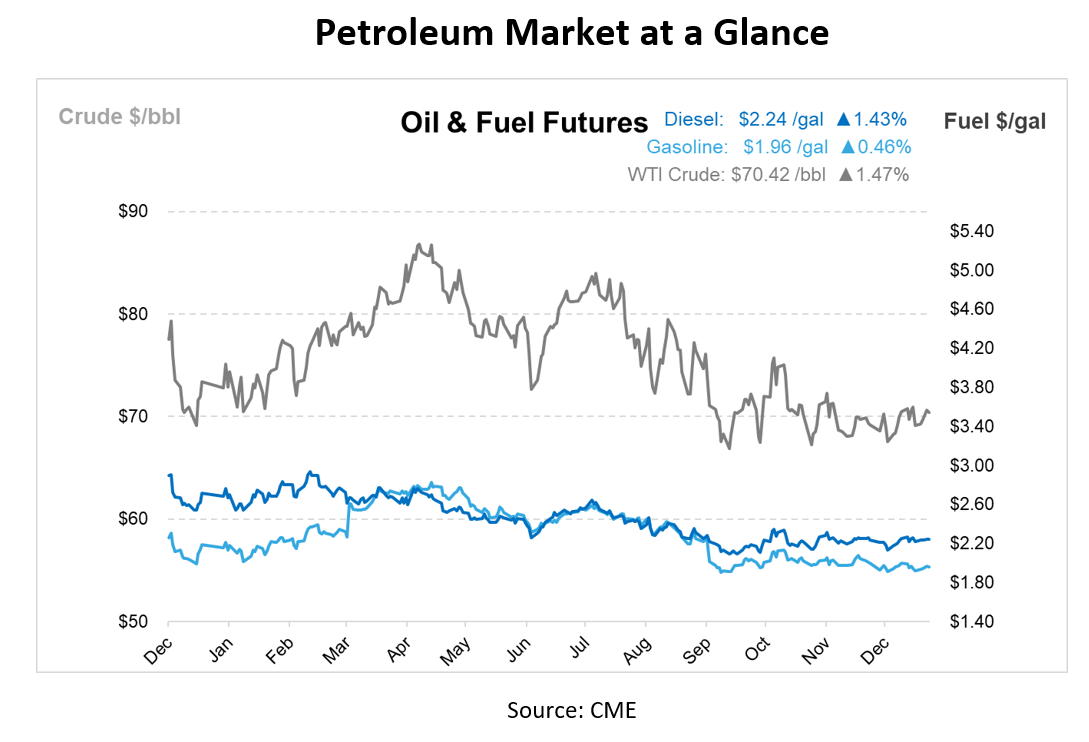
New Massachusetts Emissions Reporting Requirements: What You Need to Know
Massachusetts will implement new emissions and storage reporting requirements starting January 1, 2025, marking a major step in the state’s climate change regulations. These requirements, mandated by the Massachusetts Department of Environmental Protection (DEP), target energy suppliers and storage facilities. The reporting obligations will precede the full implementation of the Clean Heat Standard (CHS) in January 2026.
All suppliers of heating oil, diesel, propane, and natural gas must register with the DEP by January 31, 2025, and submit quarterly reports that detail supply and emissions data. Storage facilities, on the other hand, are required to report monthly, providing data on fuel supply and shipments into Massachusetts starting January 1, 2025.
The New Massachusetts emissions reporting is intended to give the DEP a clearer picture of fuel usage and emissions within the state. This data will help the agency track emissions trends, build an emissions profile, and make necessary adjustments to meet Massachusetts’ climate goals under the Clean Heat Standard.
The Clean Heat Standard (CHS), set to take effect in 2026, establishes declining emissions limits for obligated parties, similar to regulations imposed on passenger vehicles. It also incorporates a credit system to encourage renewable energy adoption. Companies can earn credits for actions like installing heat pumps or using biofuel blends and can purchase credits if they are unable to meet emissions reductions directly.
The DEP has the authority to enforce these regulations based on existing climate laws upheld by the state’s Supreme Court. This framework eliminates the need for additional legislation, ensuring a streamlined rollout of the CHS.
Companies subject to these requirements should take immediate steps to prepare. This includes registering with the DEP, setting up systems for accurate reporting, and evaluating compliance pathways like renewable energy adoption or credit purchases. Businesses should also monitor the final CHS framework expected by the end of 2024 to stay ahead of any updates.
Prices in Review
On Monday, crude opened at $69.35 per barrel, increasing to $70.13 on Tuesday. After a market pause on Wednesday, December 25, prices rose further to $70.63 on Thursday before settling slightly lower at $70.48 on Friday. Overall, crude prices rose by $1.13, or approximately 1.63%.

Diesel prices experienced modest shifts over the week. Monday started at $2.2354, followed by a slight dip on Tuesday to $2.2351. On Thursday, diesel saw an increase to $2.2471, before easing slightly to $2.2448 on Friday, representing a total rise of $0.0094 or 0.42% during the week.

Gasoline started at $1.9374 on Monday, rose to $1.9608 by Wednesday, and peaked slightly at $1.9631 on Thursday before easing to $1.9587 on Friday, resulting in a price difference of $0.0213, or a 1.1% increase.


This article is part of Daily Market News & Insights
MARKET CONDITION REPORT - DISCLAIMER
The information contained herein is derived from sources believed to be reliable; however, this information is not guaranteed as to its accuracy or completeness. Furthermore, no responsibility is assumed for use of this material and no express or implied warranties or guarantees are made. This material and any view or comment expressed herein are provided for informational purposes only and should not be construed in any way as an inducement or recommendation to buy or sell products, commodity futures or options contracts.





